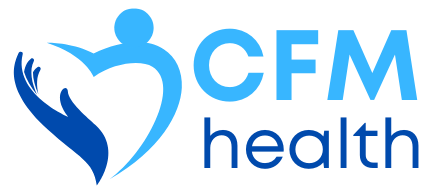The Difference Between Pre-Existing Conditions and Probationary Periods in Health Insurance
Learn The Difference Between Pre-existing Conditions and Probationary Periods in Health Insurance. Understand How Each Affects Your Coverage and Claims. What Is a Pre-Existing Condition? A pre-existing condition is any illness, injury, or health issue that a person had before the effective date of a new health insurance policy. These conditions are often identified through: Medical records Prior diagnoses History


